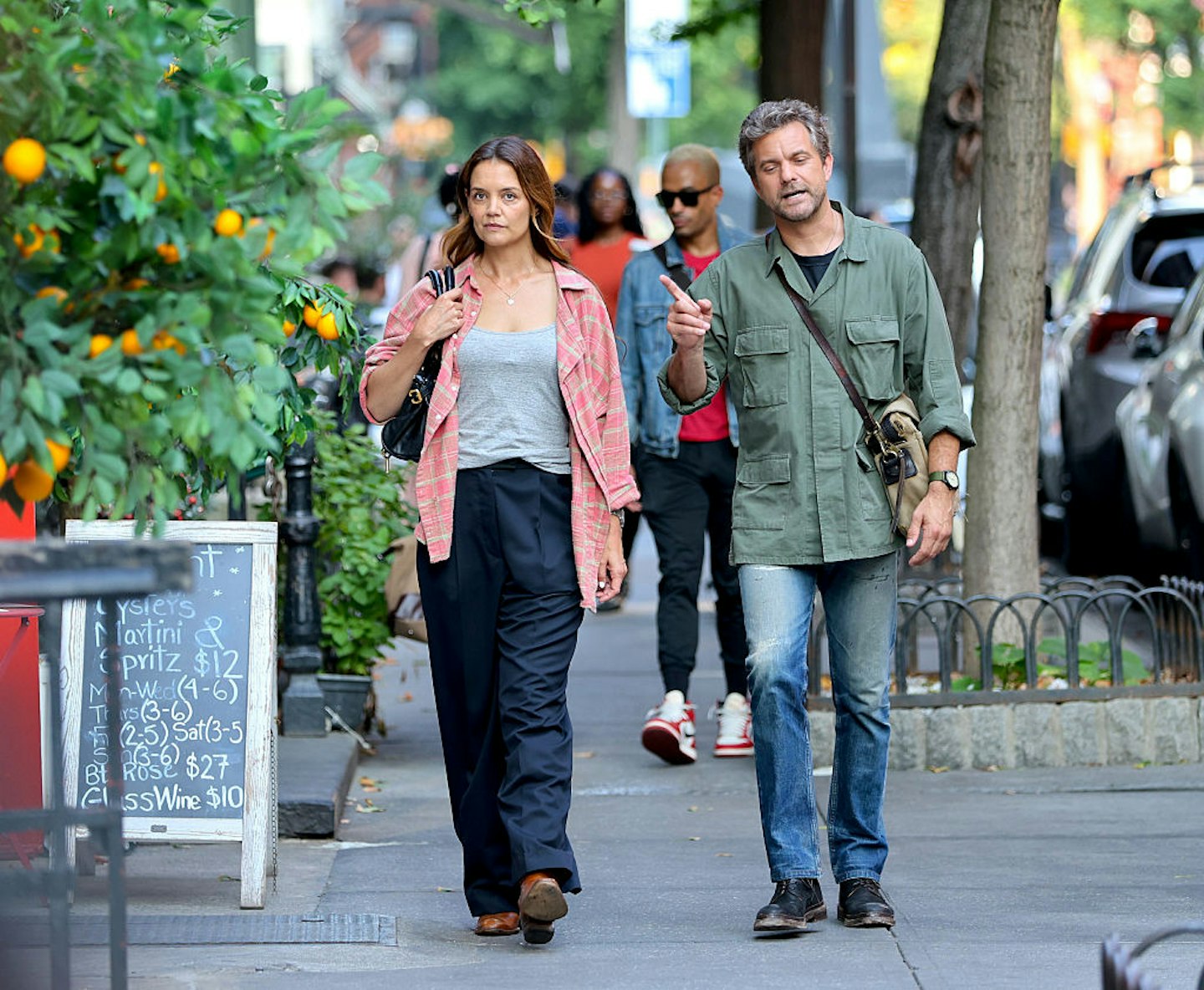If yesteryear is your happy place, then the recent glut of pop culture nostalgia must have you on cloud nine. Since January last year, Mean Girls has returned to cinema in musical form, David Nicholls’ noughties hit One Day was adapted for screen for a second time, The Talented Mr Ripley was remade in black and white for Netflix and Paul Mescal fronted a Gladiator sequel.
This year has been no different: Freakier Friday has just hit cinemas, Devil Wears Prada 2 spoilers are polluting social media, Gurinda Chadra has confirmed a Bend it Like Beckham sequel is in the works, Practical Magic 2 is expected in cinemas next year, Katie Holmes and Joshua Jackson are back playing love interests in a new film, Clueless is making a TV comeback, there are new adaptations of Pride & Prejudice and Sense & Sensibility in the works, Oasis are on tour again and, to top it all off, we’re all going to be wearing Topshop again.
It feels like we’re living in a perpetual noughties’ nostalgia simulation. Soon we’re going to be sold bean bags for our bedrooms and told box TVs and video players are en vogue again. It’s easy to see why all this is happening – at least from a financial perspective. Why cultivate a new brand when you can remodel and remodel one that already has a following? Why make the effort to foster a new fanbase when you can tap into an existing one? Why try something new when you can rely on something that’s already been successful in the past?

As Francis Ford Coppola said, ‘Sequels are not done for the audiences or cinema or the filmmakers. It’s for the distributor. The film becomes a brand.’ It might sound cynical, but it’s true. The vast majority of these films and shows are being created because they offer guaranteed returns. Profit is paramount. It’s all well and good that Noel and Liam Gallagher are back on speaking terms, but the reason they’ve gone on tour again probably has something to do with the £100 million they each stand to make from it.
The box office and streaming figures for all these films, and indeed to fight to the death to get Oasis tickets, confirms that the nostalgia marketing hack works. Sequels, reboots and reunions provide an obvious entry point for promotion. Fans are encouraged to dig out old outfits, catch up with long-lost friends and indulge in the warm, fuzzy memories of their pasts. All of which is all well and good until it becomes the only thing were sold or told to get excited about.
It feels harder than ever to find new stories by new artists, writers and creators – or at least much harder to champion them. When you glance over the aforementioned list, it’s difficult to comprehend how anything new could possibly cut through. Time, money and resources are being pumped back into the past, inviting pop culture consumers to set up camp there and forget about the future.
On hearing that there’s a new version of The Holiday coming soon to Apple TV, but with an entirely new host of characters, I couldn’t help but ask: Why don’t they just call it something different? Seeing as it’s not the same as the film. The answer, I fear, is that it would be less marketable if it was pitched as something new. It would be deemed to much of a 'risk'.
If this is a top-down strategy, perhaps it's time to start resisting it. Execs are telling us we don’t want to consume anything new anymore and we need to prove that we do. The future looks rather bleak, and awfully repetitive, if we don’t.
Nikki Peach is a writer at Grazia UK, working across entertainment, TV and news. She has also written for the i, i-D and the New Statesman Media Group and covers all things pop culture for Grazia (treating high and lowbrow with equal respect).
